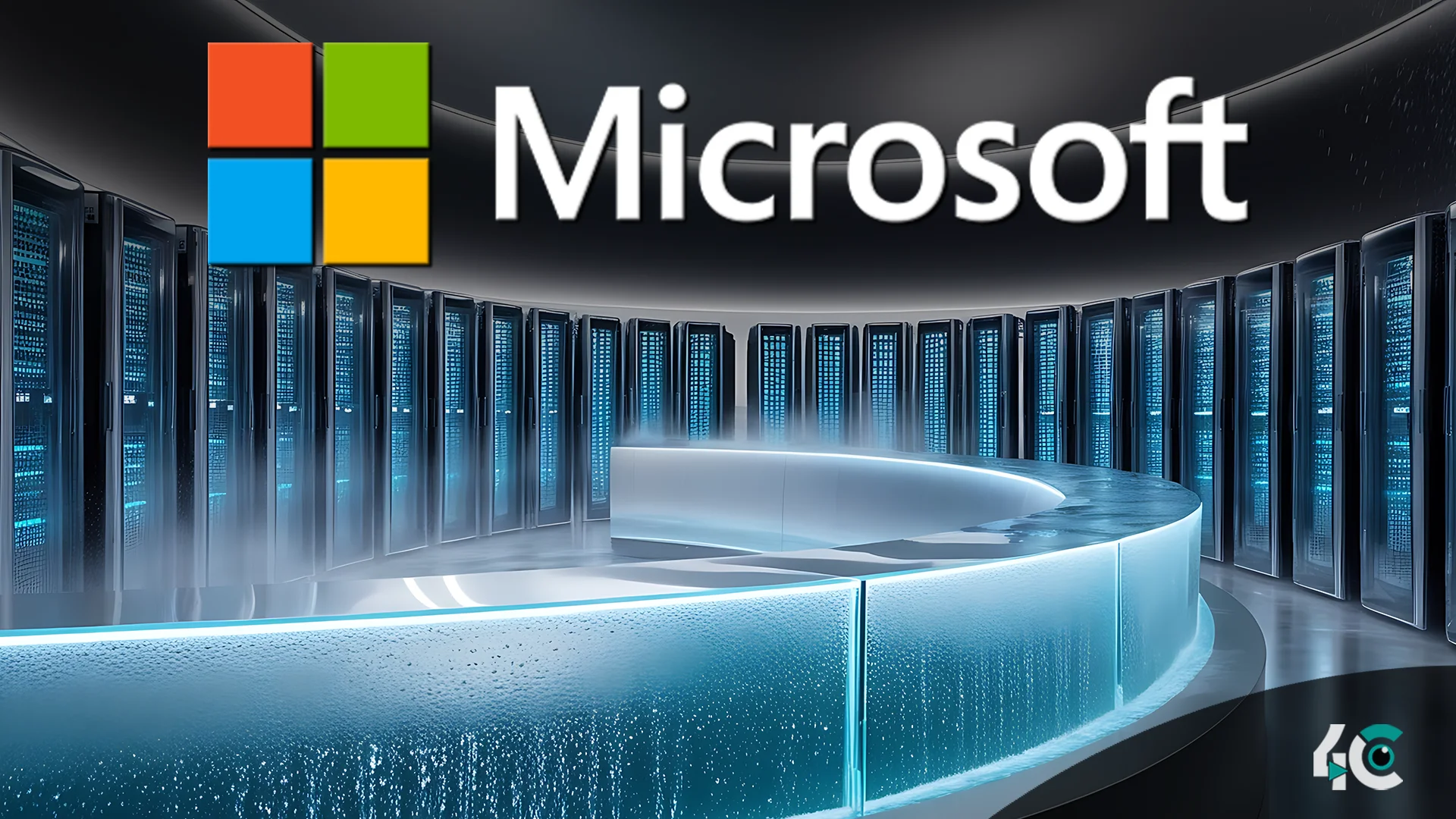Microsoft has revealed a new improvement in data center cooling technology that eliminates water consumption and promotes sustainability. The company’s innovative design uses a closed-loop system to recycle water for cooling servers and chips, resulting in significant water savings in its operations.
Deployed in August, this technique continuously circulates water between servers and chillers, effectively eliminating heat without requiring evaporation or additional freshwater. Although water will continue to be required for basic onsite necessities such as kitchens and restrooms, the cooling process will no longer require it, resulting in yearly water savings of up to 125 million liters per facility.
The demand for environmentally friendly solutions is increasing as data centers, which are critical for powering AI, cryptocurrency mining, and other digital services, consume massive amounts of power and water. Microsoft’s endeavor is consistent with its commitment to addressing environmental concerns while improving its technical infrastructure.
Starting in 2026, the business intends to pilot this novel system in new data centers in Arizona and Wisconsin, with widespread implementation anticipated by late 2027. The design not only saves water use, but it also helps to improve Microsoft’s Water Usage Effectiveness (WUE), an important indicator for assessing water efficiency. The corporation has already claimed a 39% improvement in WUE since 2021, owing to continued investments in novel cooling techniques.
Microsoft is leveraging advancements in chip-level cooling to maintain efficiency, despite concerns about mechanical cooling systems’ rising energy consumption. These advancements enable the systems to run at higher temperatures, reducing additional energy needs while maintaining a balanced approach to sustainability. By developing this water-free cooling solution, Microsoft is raising the bar for environmental responsibility in the technology industry, addressing



































